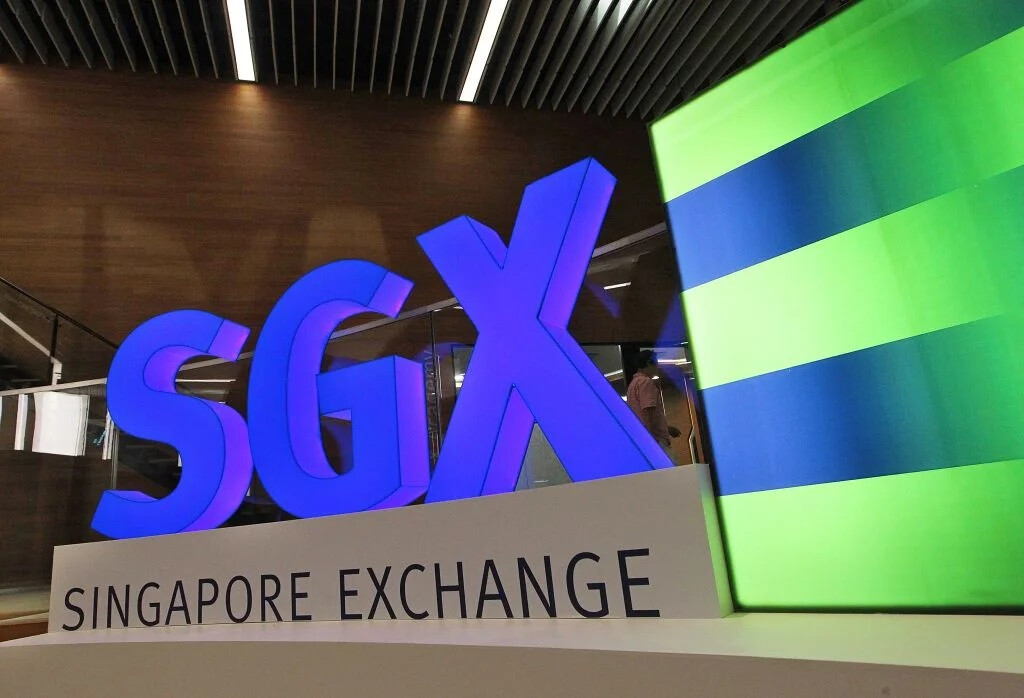
Singapore – The Singapore Exchange (SGX) is confronting a significant challenge stemming from a growing number of companies choosing to delist from its bourse. This concerning trend, where the count of delisted entities has consistently outpaced new listings in recent years, is raising questions about the attractiveness and vibrancy of Singapore's stock market, particularly given its status as a key financial and asset management hub in Asia.
In 2024 alone, the SGX witnessed a stark contrast: only four companies made their debut on the exchange through initial public offerings (IPOs), while a substantial 20 companies opted to delist their shares. This pattern has persisted into 2025, with at least nine companies having already announced their intention to delist by the beginning of May. This development is particularly noteworthy considering Singapore's ambition to maintain and enhance its standing as a premier financial center in the region.
The reasons cited by companies for their decisions to delist are varied. Common factors include the considerable costs associated with regulatory compliance, persistently low trading volumes for their shares, perceived undervaluation in the public market, and a strategic desire for increased management flexibility away from the scrutiny and reporting requirements of a listed entity. Furthermore, a significant number of delistings have occurred through privatization deals, often initiated by major shareholders or related parties seeking to take the company private through mergers and acquisitions.
Recognizing the potential ramifications of this trend, the Monetary Authority of Singapore (MAS), the country's central bank and financial regulatory authority, has been actively engaging with the issue through its Capital Markets Review Committee (EMRG). The EMRG is tasked with identifying and recommending measures to enhance the competitiveness and dynamism of Singapore's capital markets.
For its part, the SGX has been proactively exploring and implementing strategies aimed at bolstering market liquidity and reigniting investor interest. A key focus has been on streamlining the initial public offering (IPO) process to make it more appealing for companies to list on the exchange. Recent announcements have detailed measures intended to reduce the complexity and time involved in going public, potentially attracting a new wave of listings.
However, the continued rise in delistings carries the risk of eroding investor confidence in the Singaporean stock market. A shrinking pool of listed companies can lead to reduced trading activity, potentially making the market less attractive for both domestic and international investors. The SGX faces the critical task of fostering a more competitive market environment and providing greater support to listed companies to incentivize them to maintain their public status. This includes not only easing the path to listing but also ensuring a robust and liquid trading environment that benefits both issuers and investors.
Analysts suggest that a multi-pronged approach is necessary to address the issue effectively. This could involve further regulatory refinements to strike a better balance between investor protection and the cost of compliance for listed companies. Additionally, efforts to promote greater institutional and retail investor participation in the market, as well as initiatives to highlight the growth potential of Singaporean listed companies, could help to improve trading volumes and valuations.
The long-term health and reputation of Singapore's financial market are closely tied to the vibrancy of its stock exchange. The SGX, with the support of the MAS and the broader financial community, will need to demonstrate tangible progress in reversing the trend of increasing delistings to ensure its continued relevance and competitiveness on the global stage. The effectiveness of the recently announced IPO reforms and any future measures will be closely watched by market participants both within Singapore and internationally. The challenge lies in creating a compelling ecosystem that attracts and retains quality listings, ultimately reinforcing Singapore's position as a leading financial center in Asia.
[Copyright (c) Global Economic Times. All Rights Reserved.]





























